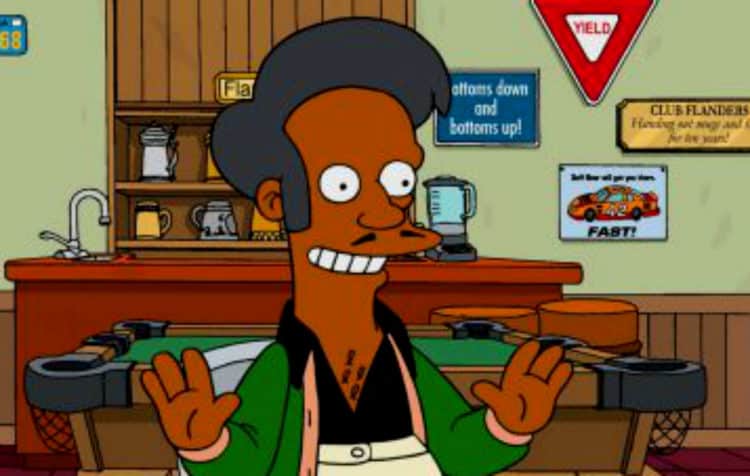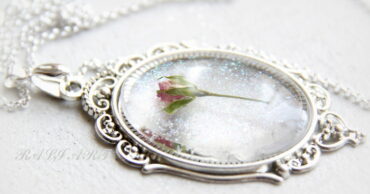
The reason behind Hank Azaria stepping away from the character of Apu on the Simpsons could be a very positive thing or it could be be foreshadowing something that’s already become a bit problematic in Hollywood: hurt feelings. As Natalie Hunter from Screenrant goes on in her article it does sound as though she’s attempting to stay on the straight and narrow and not take sides. It also sounds as though Azaria took the criticisms of his character to heart and did some real soul-searching to realize that he needed to step away. Unfortunately it also sounds as though this whole issue hasn’t strayed too far from the surface since if anyone is thinking that Apu was the only representation of Indian immigrants in pop culture throughout last couple of decades then they really need to stow their feelings for a moment and take the time to check the archives. Should I list off just a few well-known names? Hadji from Johnny Quest, Mowgli from The Jungle Book, Mindy Kahling, Kumar from the Harold and Kumar movies, or Kal Penn altogether if you want to go back Van Wilder, Raj from The Big Bang Theory, or how about The Great Khali from the WWE? None of those ever ring a bell with people? None of them appear to be stereotypes? Obviously they’re not the same as Apu, but that’s the point. Apu is satire, he’s a cartoon, and as such he’s a character that’s not meant to be taken seriously but instead is expected to be taken with a big grain of salt, much as Americans do when we’re representing ourselves on screen as dullards, drunks, morbidly obese and dim-witted cretins, and that’s just Barney and Homer from the Simpsons.
Varun Rajagopalan from Folomojo talks plenty about the names mentioned above and how they’ve spent a good deal of time in American pop culture. This is why the Apu controversy is a bit confusing since considering the foundations of the character and the show itself it’s hard to think that people are just now having an issue with this. It’s not unlike the issue that people are having with Confederate flags and monuments these past few years, the present is taking the barest skim of the truth as to why they’re suddenly offended at something that’s been around for longer than many of them have been alive because it’s a trend, and little else. Hank Azaria, great actor that he is, feels more like he’s treading on the side of caution and is willing to trade a character that he’s done a great job with for the very shallow and not widely explained feelings of those that feel that Apu is somehow a shameful character. How long is then until the Mexican bumblebee becomes offensive? Or how about any other diverse character? Azaria bowed out due to his feelings on the matter and that’s fine, but people getting bent out of shape about a cartoon character, a SATIRICAL character that’s meant to be a stereotype just as much as any character in the show, need to grow up a little and realize that every character in the show has their place be it for good or ill, and Apu is actually a successful and very reasonable character.
It’s very telling at this point how suddenly so many people feel the need to speak up because it’s become a trend to have an issue with something, anything, that they can get behind in order to push it around town for a while and show people just what they think since they’re not alone in their ideas. Apu being a racial stereotype is still something that people fight against as Soutik Biswas of BBC says, as many people that actually live in India have little to no problem with the character. Many people have put it in different ways at this point, but we have in fact reached a point in time when it’s trendy to be offended by just about anything, especially if someone with a strong enough voice has something to say about it and can get people to agree. When a person looks at this issue from one perspective they might see how actors Priyanka Chopra and Aziz Ansari (who appears to change his opinions as often as the wind blows) might feel a certain away about Apu after having been taunted with his catchphrases as teenagers (anecdotal much). But let’s roll that around a bit and start wonder what it might have been like for people living out in the country being compared to say, The Beverly Hillbillies, or rich kids that were nothing like those on TV being compared to the Beverly Hills 90210 bunch, or even millennials being compared to Melrose Place actors or some other show. Should we all be offended at some point? That appears to be the direction we’re headed.
 Follow Us
Follow Us





